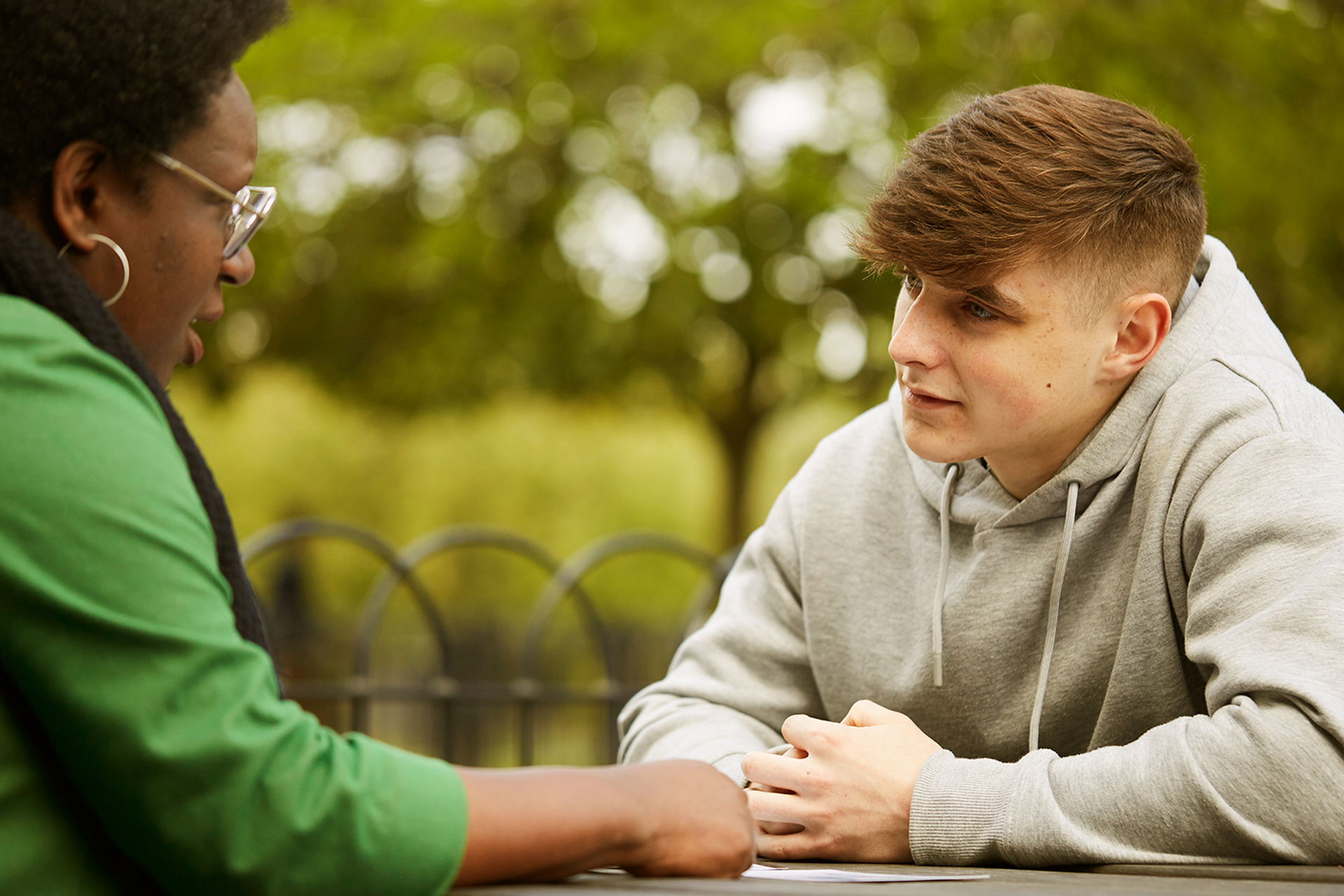
- For:
- Community support,
- Youth workers
Learn about the definitions of trauma and adversity, how it may present itself in young people, and tips and advice on supporting a young person who is struggling with the effects of trauma.
We all face emotionally challenging situations during our childhood, which is a normal part of growing up. However, some children and young people grow up in environments and have experiences that they are unable to cope with. These can be traumatic and may have a long lasting effect on a young person’s development, learning, health and behaviour.
Trauma isn’t a mental health condition in itself, but experiencing trauma can result in a young person struggling with their mental health. A wide range of mental health conditions and symptoms can be linked to trauma, including, anxiety, depression, obsessive compulsive disorder (OCD), eating disorders and self-harming behaviours.
Having steady, consistent, positive adult relationships can act as a protective factor to mental health for young people who have experienced trauma or adversity, and can make a significant difference.
The more adults a young person has in their life that they trust and feel safe talking to, the greater the reduction in their likelihood of developing a mental health condition.
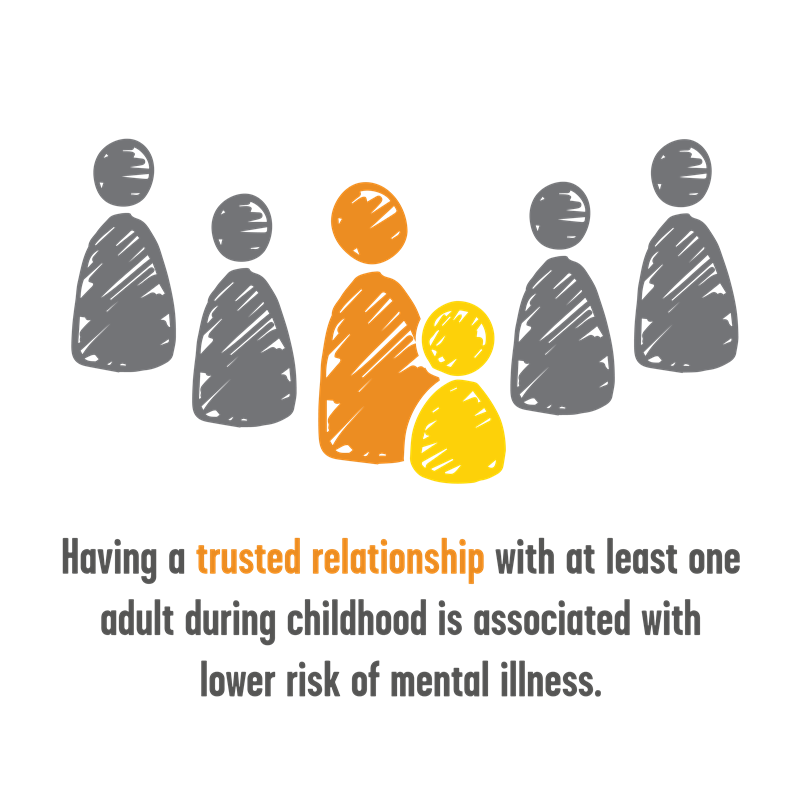
Our Trainer Consultant Dave shares how we can talk about trauma with young people and consider the varied experiences of trauma using the butterfly metaphor.
We also have more tips on talking about trauma below.
Adversity is used to describe the challenging situations and experiences a person has lived through.
Adverse childhood experiences (ACEs) are highly stressful and potentially traumatic events or situations that occur during childhood and/or adolescence.
It can be a single event, or prolonged threats to (and breaches of) the young person’s safety, security, trust or bodily integrity. These experiences directly affect the young person and their environment, and require significant social, emotional, neurobiological, psychological or behavioural adaption. In other words, ACEs can affect the way young people feel, behave and view the outside world. We have further advice for those supporting refugee and asylum-seeking children.
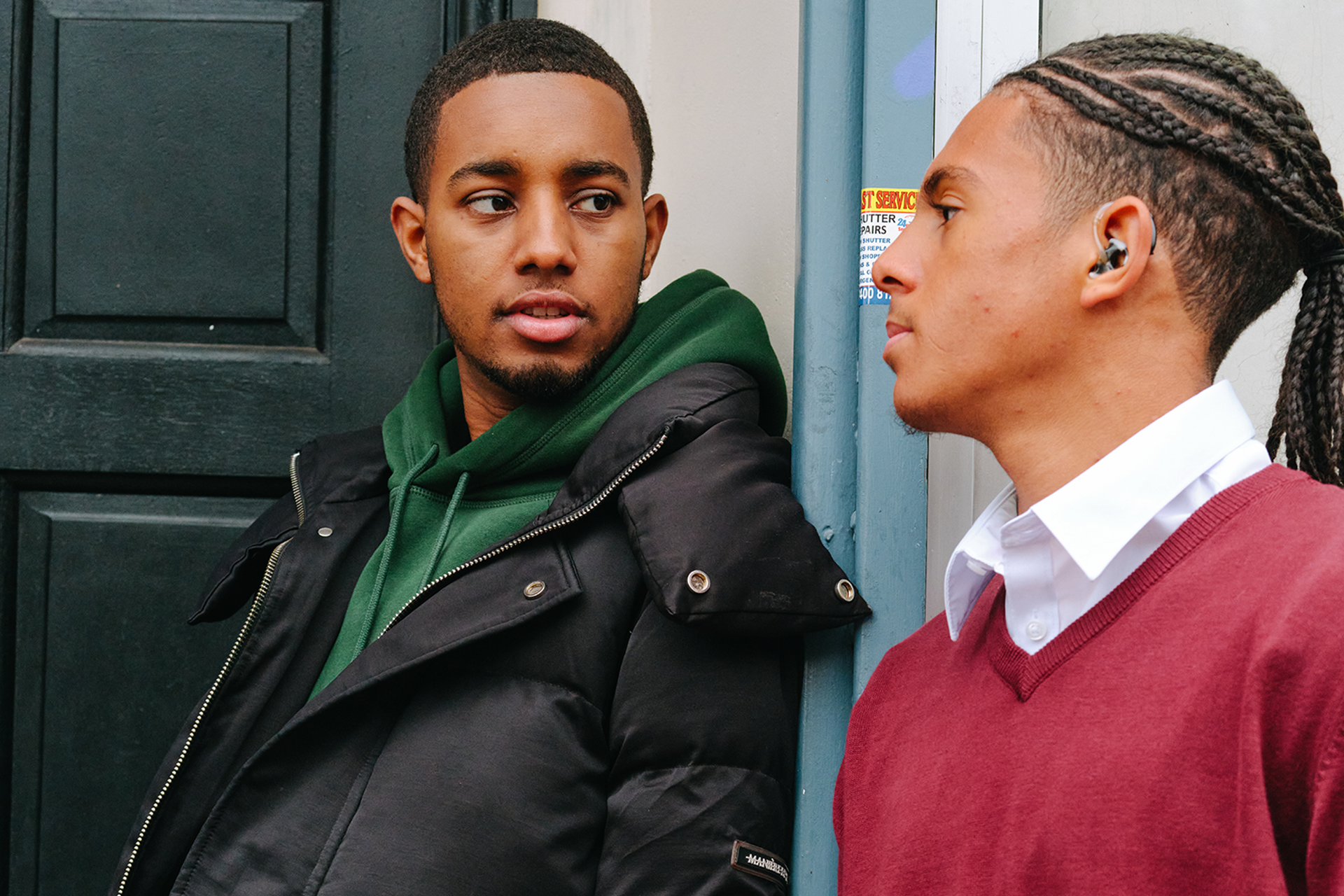
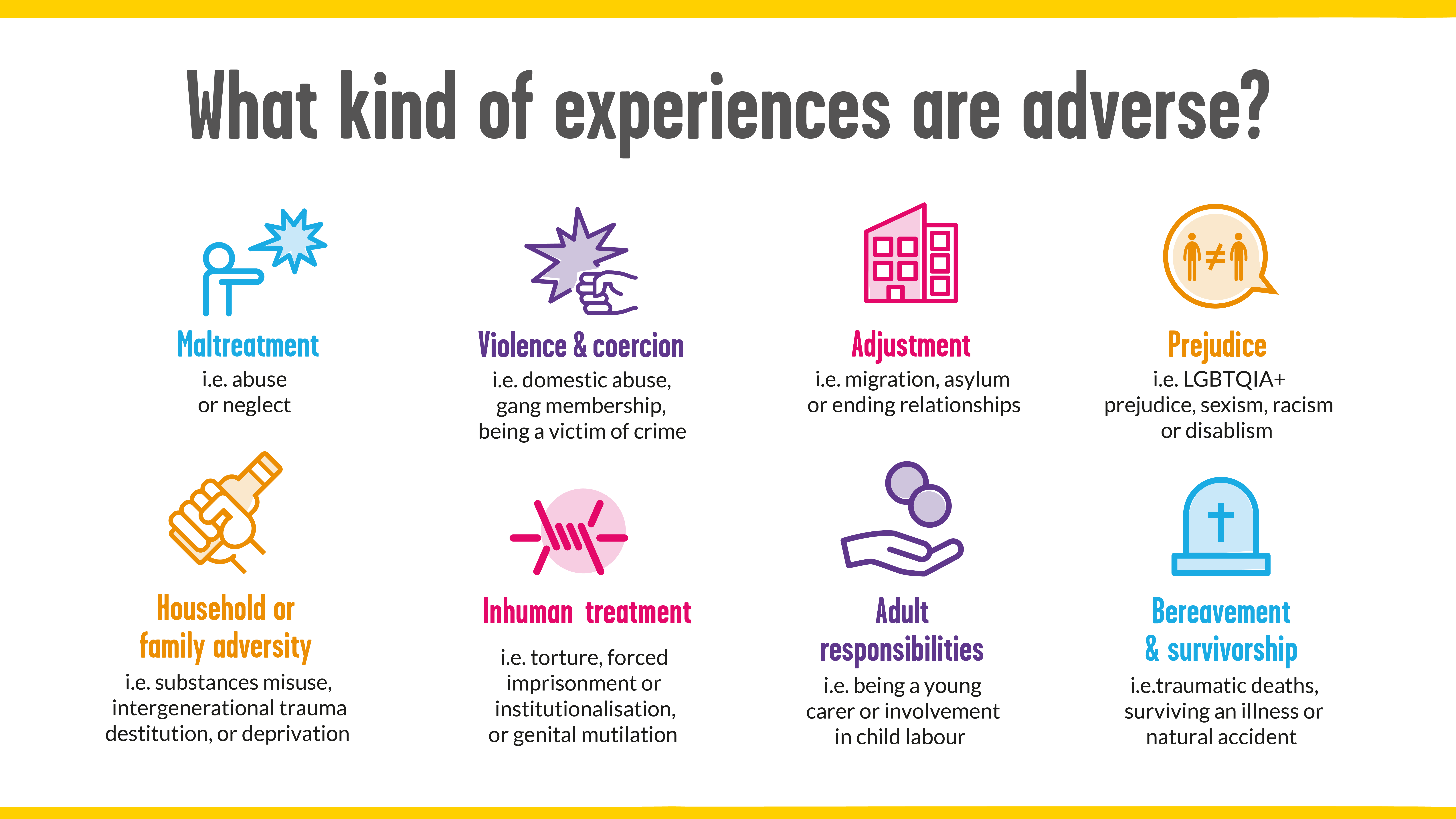
There are many forms of adversity, which can be a single event or prolonged experiences. These are some examples of common adverse childhood experiences (ACEs).
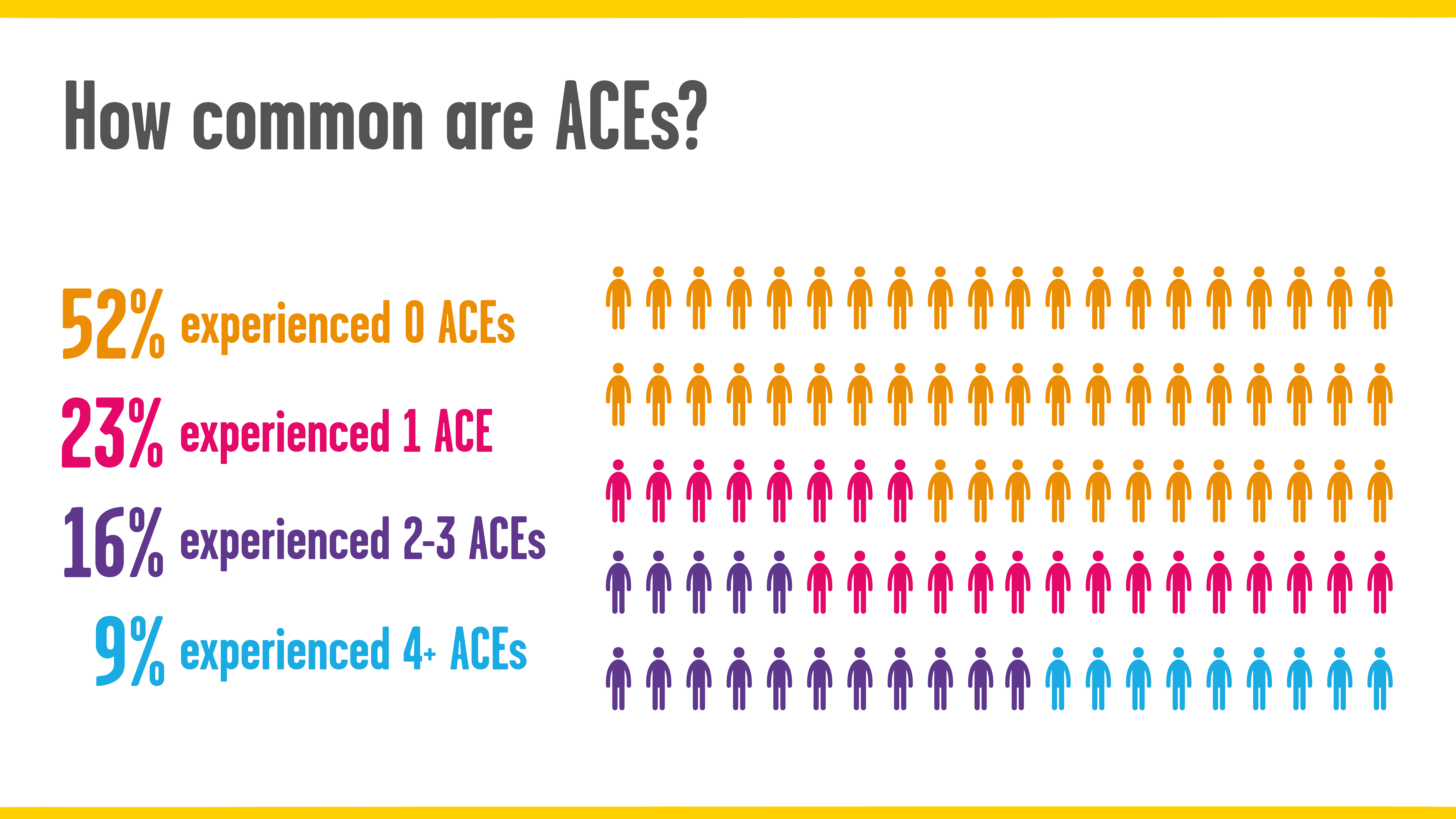
Almost half of children and young people living in the UK have experienced one or more forms of adversity.
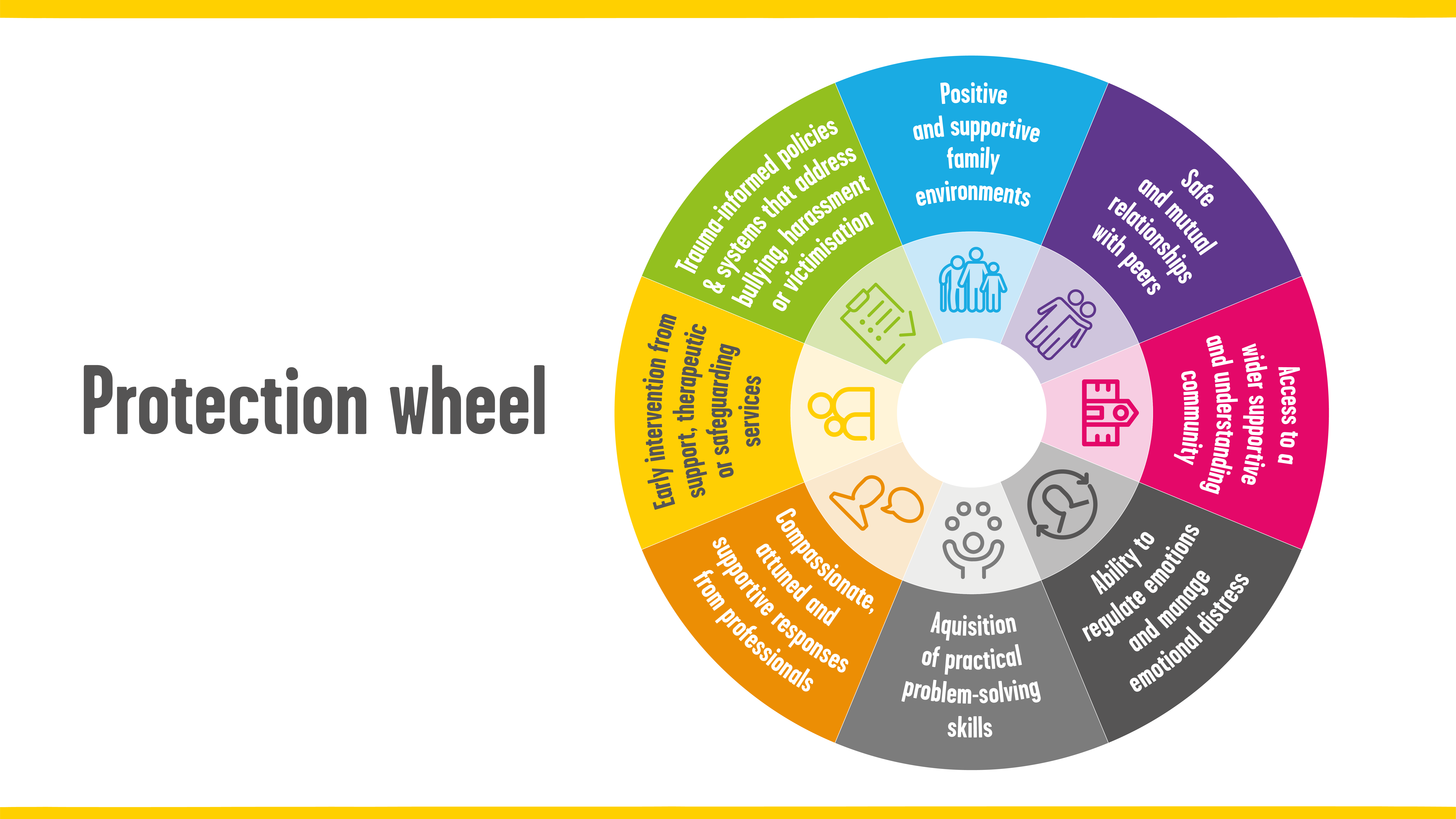
Not all young people who face childhood adversity or trauma go on to develop a mental health problem.
There are personal, structural and environmental factors that can protect against adverse outcomes, as shown in the protection wheel.
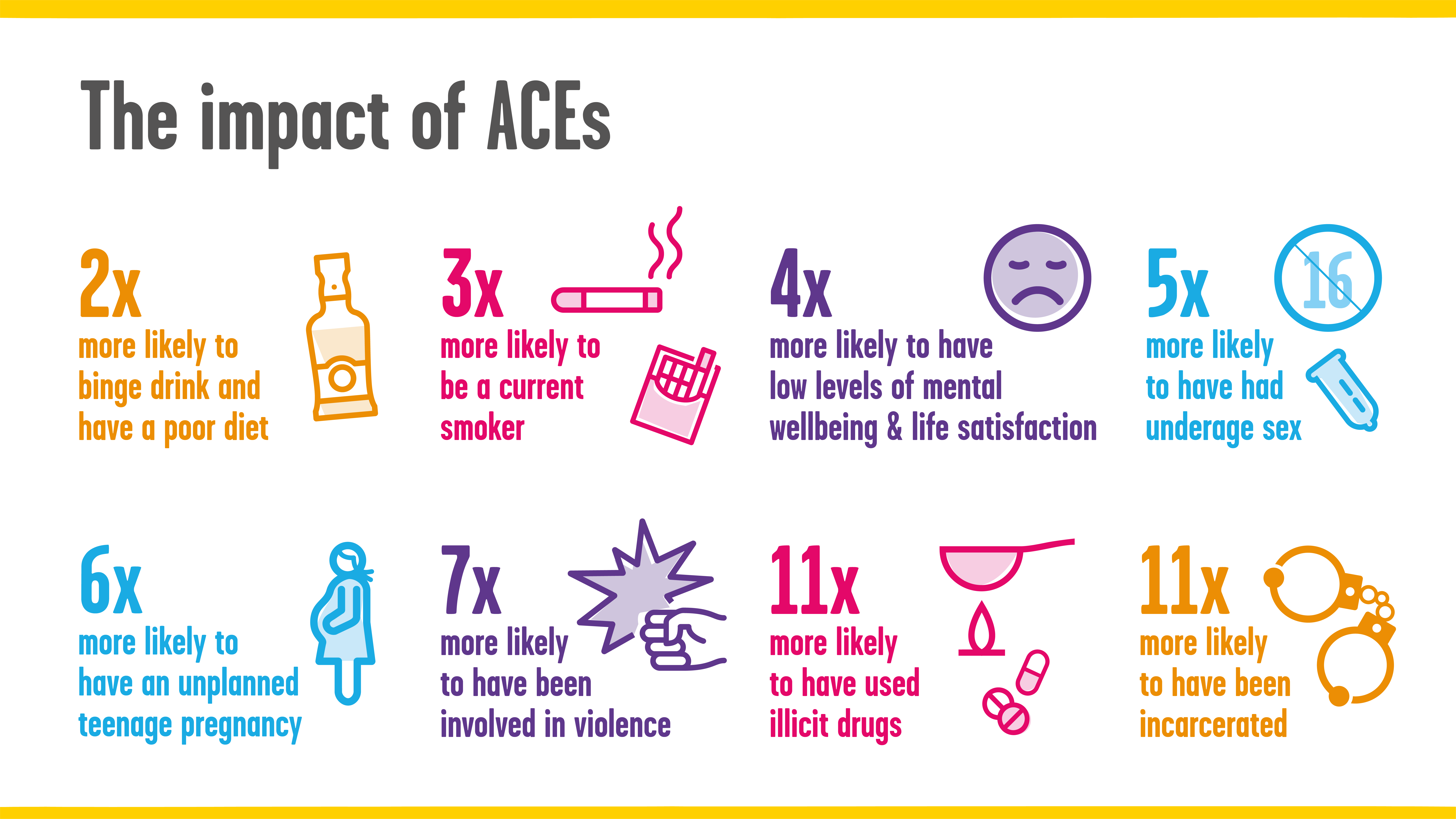
ACEs impact a child’s development, their relationships with others, and increase the risk of engaging in health-harming behaviours and experiencing poorer mental and physical health outcomes in adulthood. This image below shows how the experience of people with four or more ACEs compare to those who have experienced no ACEs.
When talking to young people about trauma, you should always take the young person’s lead. If they choose to talk to you about their experience, consider the following ways to respond well to them.
If you are aware a young person may have experienced some traumatic experiences, don’t assume they have spoken about this specific incident before. You might be the first person they’ve spoken to about their experience.
Listen to what the young person has to say and give them space and silence when needed.
If you have any concerns about how a traumatic event might be negatively impacting a young person, you can speak to your organisation’s safeguarding officer.
Some young people tell us that sometimes they want to talk about a traumatic experience with a trusted adult who has faced a similar experience. In these cases, you may want to signpost to appropriate support that will be able to help the young person. It’s okay not to share your own experience, and it is important to be clear on the limits of what information is appropriate to share.
Find out more about how to help a young person get the right support in our guide.
If this is the first time the young person has spoken about their trauma, you may also wish to signpost them to further professional support. You can find a list of organisations on our young person's urgent help page.
You should always follow your safeguarding policy to ensure appropriate action is taken.
A young person might show they are struggling immediately after a traumatic experience, or those thoughts, feelings and behaviours may emerge over time.
There is no specific list, but some of the things a young person may experience after a trauma are detailed below.
You may notice a change in the patterns of a young person’s behaviour, such as doing more or less of something, or this being out of character.
Memories, thoughts or flashbacks that seem to come suddenly from nowhere (often called intrusive thoughts) or having nightmares and problems sleeping.
They might start acting out and have angry or aggressive outbursts.
They might start to withdraw from friends, family, school and activities they usually enjoy.
They are vigilant about anything that could be threatening, or they are agitated when being spoken to. They could also flinch when someone comes near them.
They're seemingly disconnected from themselves, their feelings and what’s going on around them.
They might be using drugs and alcohol in a way that is different to before, or they might be starting to use for the first time.
This can be either eating significantly more or less than previously.
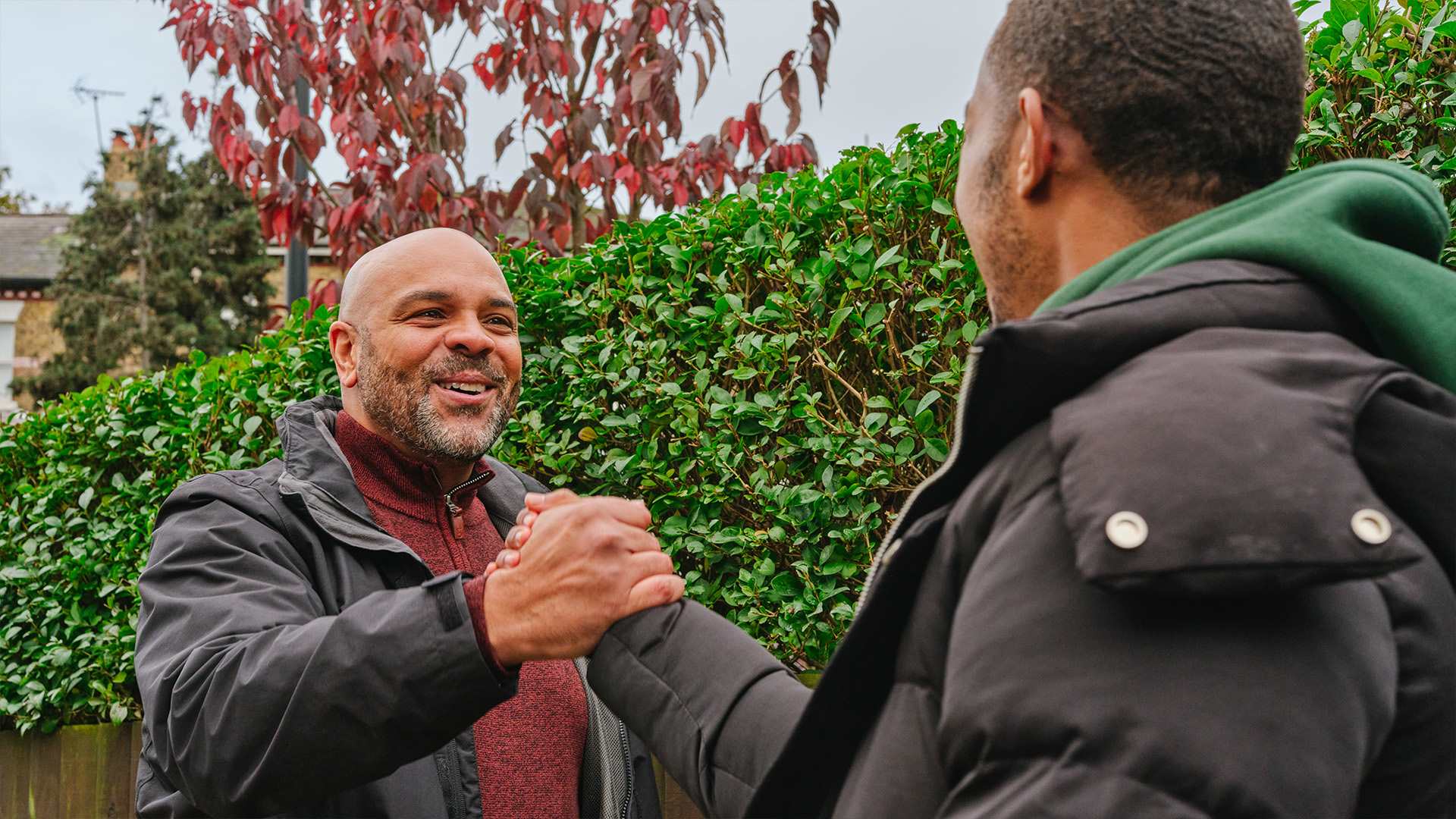
Supporting a young person who has experienced trauma doesn’t have to mean talking about the trauma. There are a number of different circumstances that may make you aware a young person has experienced trauma in their past. These may not relate to the young person themselves sharing about a traumatic event.
Helping a young person build positive healthy friendships, experience new things and gain a sense of achievement all can help reduce any long-term impact of trauma on a young person’s mental health.
We have worked with adults who support young people in the community to develop tips and advice on how you can best support someone who is struggling with their mental health.

If you want to learn more about trauma and adversity, as well as some practical next steps to support young people, check out our training on trauma and adversity.
Take a look at our resources, stories from young people and training for more support and advice.
Whether you love the page or think something is missing, we appreciate your feedback. It all helps us to support more young people with their mental health.
Please be aware that this form isn’t a mental health support service. If you or a young person you work with is in crisis right now and wants to talk to someone urgently, find out who to contact on our urgent help page.
At YoungMinds we take your privacy seriously. If you’d like to read more about how we keep the information we collect safe, take a look at our privacy policy.